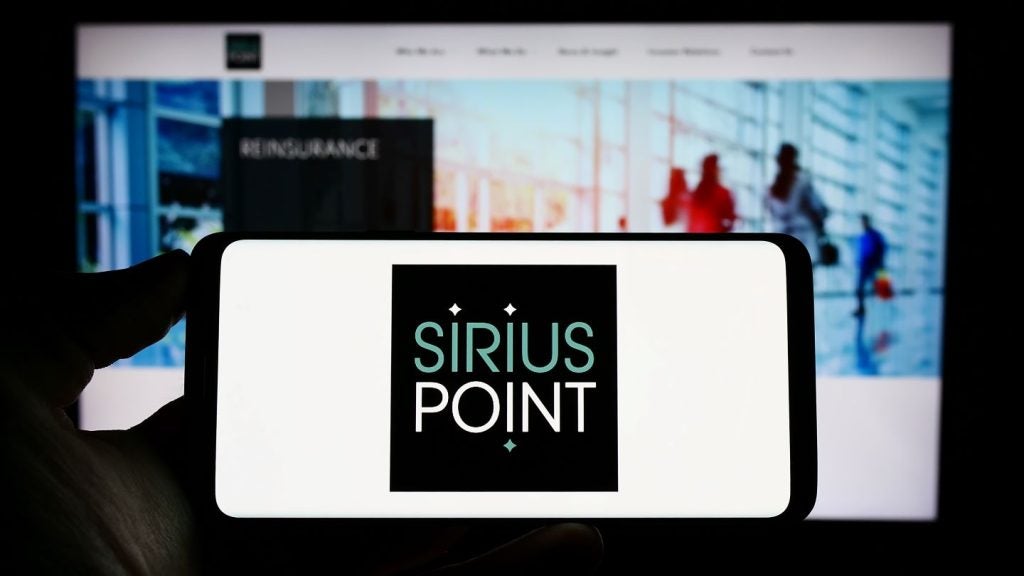
Increased societal focus on wellness is transforming the insurance industry away from traditional offerings to ones that capitalise on the consumer desire to enhance their physical, emotional, and financial well-being.
Insurers are evolving their offerings by promoting customer health and wellness through gamification, the incorporation of generative AI and wearable technology. These together allow insurers to track consumers more and offer more tailored plans or discounts based on healthier lifestyles.
GlobalData’s latest thematic report Health and Wellness in Insurance, unpacks how the wellness trend has unfolded, and how key players in the industry are adapting to the trends.
The wellness trend
As highlighted by the report, the term wellbeing not only refers to feeling healthy, well-rested and free of disease but also encompasses a sense of financial security, good mental health, social elements such as community and inclusion as well as environmental needs like water and shelter being met.
Technology, the impact on workplace well-being and insurers increasingly collaborating with pension providers is enabling the insurance industry to address each facet of well-being.
This said, the emphasis is still focused primarily on physical well-being. Devices like smartwatches or wellness apps are increasingly gamifying consumer’s desire for optimised well-being. There are now numerous apps that allow consumers to track personal health and fitness goals such as the number of steps, exercise plans, sleep and diets. There are also many apps promoting mediation and boosting financial literacy, allowing individuals to achieve greater wellbeing overall.
How it affects the industry
In response to consumers prioritizing healthier lifestyles, insurers are moving beyond traditional insurance offerings.
The report identifies that while wellbeing is not a new trend, its effect on the insurance industry and the innovation in the companies’ product offerings has been accelerated both by the pandemic and the cost-of-living crisis.
Aviva, Elevance Health, UnitedHealthcare and Vitality were all identified as leaders in insurers adapting to the wellness theme.
The increased prevalence and use of health-related apps have allowed insurers to capitalise. Some insurers are beginning to reward customers who focus on their health and fitness with discounts on their insurance policies.
The report stated: “In the United States, firms such as Humana have implemented this model, observing that their participants have significantly increased their average daily steps relative to the broader population.”
“This approach aids in the prevention of lifestyle-related diseases by encouraging activities such as cycling, hiking, and walking.”
Alongside this, with the increased popularity of wearable tech, insurers are now able to collect data on policy holder’s health and lifestyle to compile more accurate risk profiles, and further personalisation of insurance plans. The report suggests that the offering of discounts based on the integration of wearable tech, has allowed insurers to attract cost-aware consumers in the cost of living crisis.
The increased data monitoring for those that decide to share their data, can allow individuals to identify health risks early and implement preventative strategies which can diminish underwriting risks and for consumers, financial benefit from reduced premiums.
One tool used to digest wearable tech is AI. Due to AI’s capacity to process large quantities of medical data, it can identify individual health patterns and potential risks helping insurers to devise more personalised healthcare policies. This is said to decrease overall costs for insurers and policyholders.
Despite benefits for the industry, the report warns that leveraging large swathes of consumer data also comes with its challenges. Health data can be particularly attractive to cyber hackers, therefore insurers must ensure the security of this information to maintain consumer trust and custom.







